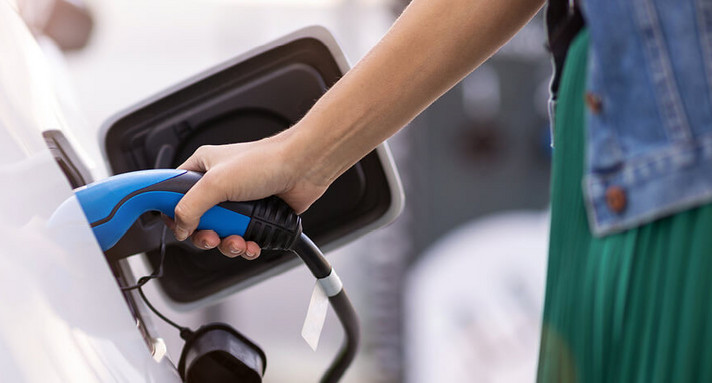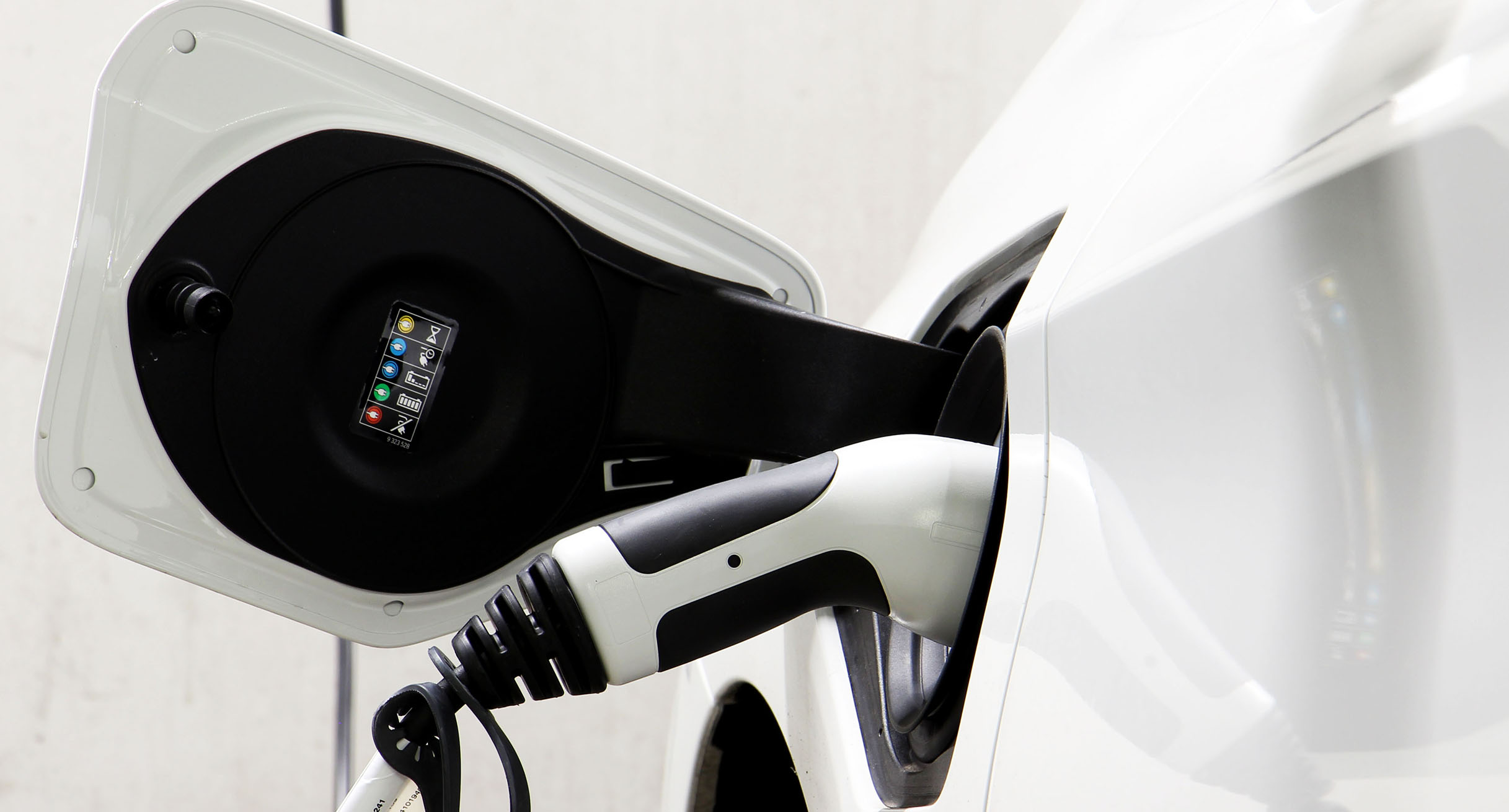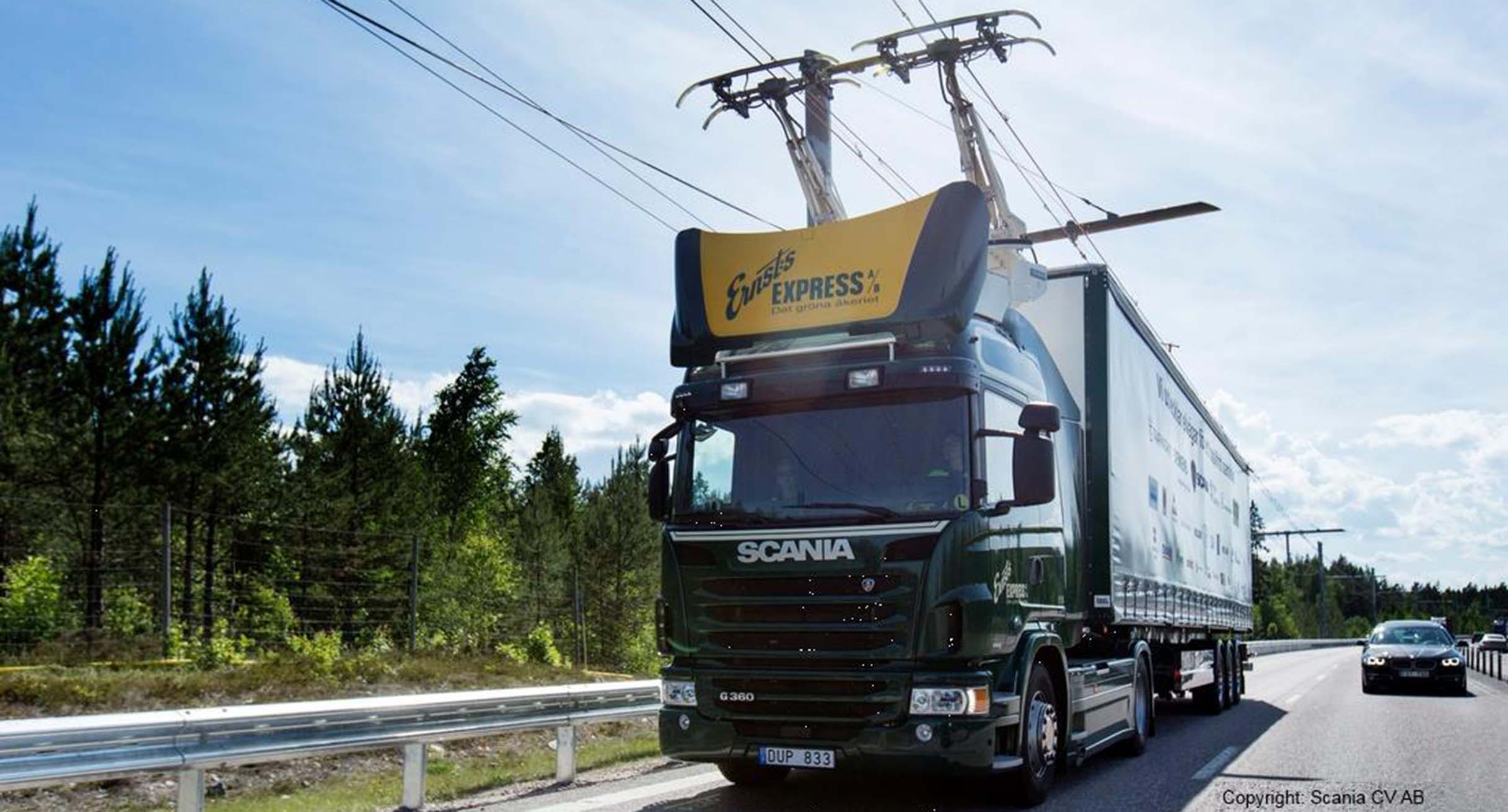There is an unmistakable trend towards the electrification of transport. This applies not only to road traffic but also to rail traffic, taxis and buses. Bikes are currently undergoing the most rapid electrification. For us, electrification refers to drives powered by electricity as well as fuel cells. At the present, battery-powered drives are the most efficient, but other variants can also be a good solution for certain applications. What is significant is that the electricity comes from renewable sources.
The transport revolution combined with the energy revolution is an important step towards reaching the Paris climate goals. That is why the state continues to expand its support of electromobility and the associated charging infrastructure.
To ensure that the manufacturing industries are provided with reliable framework conditions for the development of innovative vehicle concepts, the German Ministry of Transport supports the long-term establishment of ambitious CO2 limits for fleets at European level. As the home of the car, Baden-Württemberg is striving to become the leading market for electromobility as well as the leading provider of alternative drives, innovative usage concepts and networked resource-saving mobility.
Even with a limited range, electric vehicles are suitable for day-to-day use since the majority of daily journeys made by car are less than 30 kilometers long. The key prerequisite here is a network of filling stations for electric vehicles, so-called charging stations. On this basis, the state is supporting the expansion of a charging infrastructure. With “SAFE”, the Ministry of Transport is planning to introduce a blanket safety-charging network for electric vehicles offering at least one charging option with a minimum output of 22 kWh within a grid measuring around 10 by 10 kilometers. With these measures, a truly comprehensive charging infrastructure throughout Baden-Württemberg is ensured.
The state government’s vehicle fleet serves as an important example. State employees are able to charge their own electric bikes free of charge and tax-free at their place of work. In turn, this enables employees to take a more sustainable and environmentally friendly approach towards mobility.
In the road traffic sector, the state is backing improved traffic management. By avoiding traffic congestion and with comprehensive traffic information and optimized traffic management, transport on the road can be rendered more sustainable.
The pilot project eWayBW (see image) is also pursuing the goal of making freight transport more sustainable. It is making a valuable contribution to research on overhead line technology for road freight transport. This pilot project aims to demonstrate the feasibility of the electrification of main roads using overhead lines. The selected pilot route on the B 462 road in the Murg valley between Kuppenheim and Gernsbach-Obertsrot features a number of characteristics which could bring significant advances to research on overhead line technology for road traffic. The overhead line truck used includes a battery which is charged when in contact with the overhead lines. This allows sections without overhead lines to be driven. The planning and awarding of construction contracts are to be completed in 2018. The overhead line infrastructure will then be set up in 2019. A three-year period of operation will then run between 2020 and 2022. A railway line which runs in parallel enables a comparison between hybrid overhead line trucks and rail freight transport.



